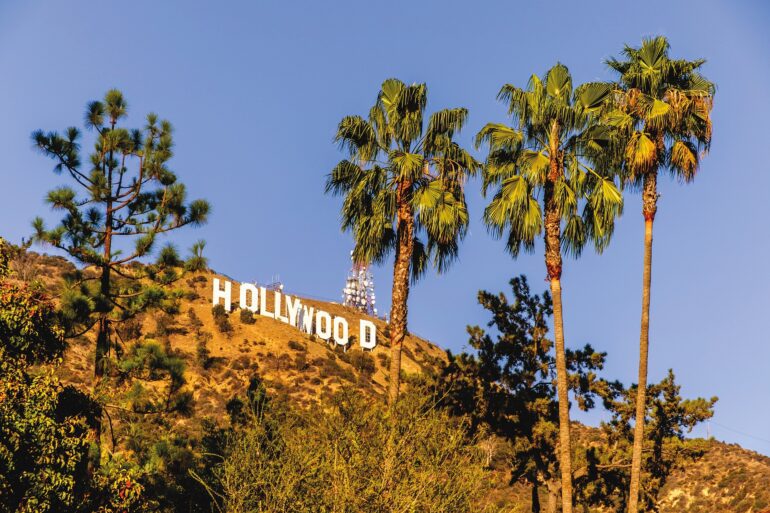TL;DR:
- AI is a major concern in contract negotiations between screenwriters and Hollywood producers.
- The Writer’s Guild aims to limit the use of AI-generated dialogue or scenes.
- AI has the potential to disrupt various aspects of the entertainment industry, including dubbing and audiobooks.
- Deepfake technology raises concerns about actors’ control over their likeness.
- Generative AI threatens the special effects industry and offers cost-saving opportunities for studios.
- The integration of AI prompts questions about creativity, artistic control, and the future of talent in the industry.
Main AI News:
The emergence of artificial intelligence (AI) has become a pivotal concern for screenwriters in their negotiations for a new contract with Hollywood producers. This apprehension extends to actors and other industry professionals who fear that their work may be overshadowed by AI-generated output.
The influence of AI, especially new generative technologies, presents a wide range of opportunities and challenges in the realm of filmmaking, television production, and other creative endeavors like audiobooks.
In the ongoing contract discussions, the Writer’s Guild strives to impose limitations on the utilization of AI-generated dialogue or scenes. However, Hollywood should brace itself for the potential disruptions AI is poised to bring in various other aspects of the industry.
For instance, AI could enable popular actors to “speak” numerous foreign languages, catering to global audiences. While this may appeal to a wider viewer base, it also poses a threat to the livelihoods of actors who have built careers around dubbing American movies, for instance, into German or other languages.
Furthermore, similar technology is rapidly encroaching on the audiobook industry as AI narrators continuously improve, sometimes even being trained on recordings of human book readers they could eventually replace.
Another grave concern is the possibility that the very same technology used for creating deep fakes could erode actors’ control over their own likeness. This could grant studios the power to generate new performances from an actor, whether they are living or deceased, potentially without obtaining full consent or providing appropriate compensation.
The ramifications of generative AI extend beyond these examples. Even the highly regarded special effects industry, historically dominated by giants like Industrial Light & Magic, faces upheaval from AI advancements. Individual customers may also find themselves at risk, as AI could be employed to outfit actors digitally. This option offers studios both cost savings and increased flexibility.
The integration of AI into the entertainment industry signifies a monumental shift, raising important questions regarding the future of creativity, artistic control, and the very essence of human talent. As negotiations progress, it remains crucial for stakeholders to navigate the delicate balance between embracing the potential of AI and safeguarding the interests and contributions of industry professionals.
Conlcusion:
The emergence of AI and its implications for the entertainment industry, as highlighted in the text, signifies a significant shift in the market. The concerns raised by screenwriters, actors, and industry professionals reflect the potential disruptions and opportunities brought about by AI-generated content. This necessitates careful consideration and strategic planning by market participants to adapt to these changes.
Industries such as dubbing, audiobooks, special effects, and even talent representation will need to navigate the evolving landscape, striking a balance between embracing the benefits of AI and preserving the uniquely human elements that drive the market’s value proposition. Success in this new era will require a forward-thinking approach, leveraging AI technologies to enhance creativity while safeguarding the interests of all stakeholders involved.

